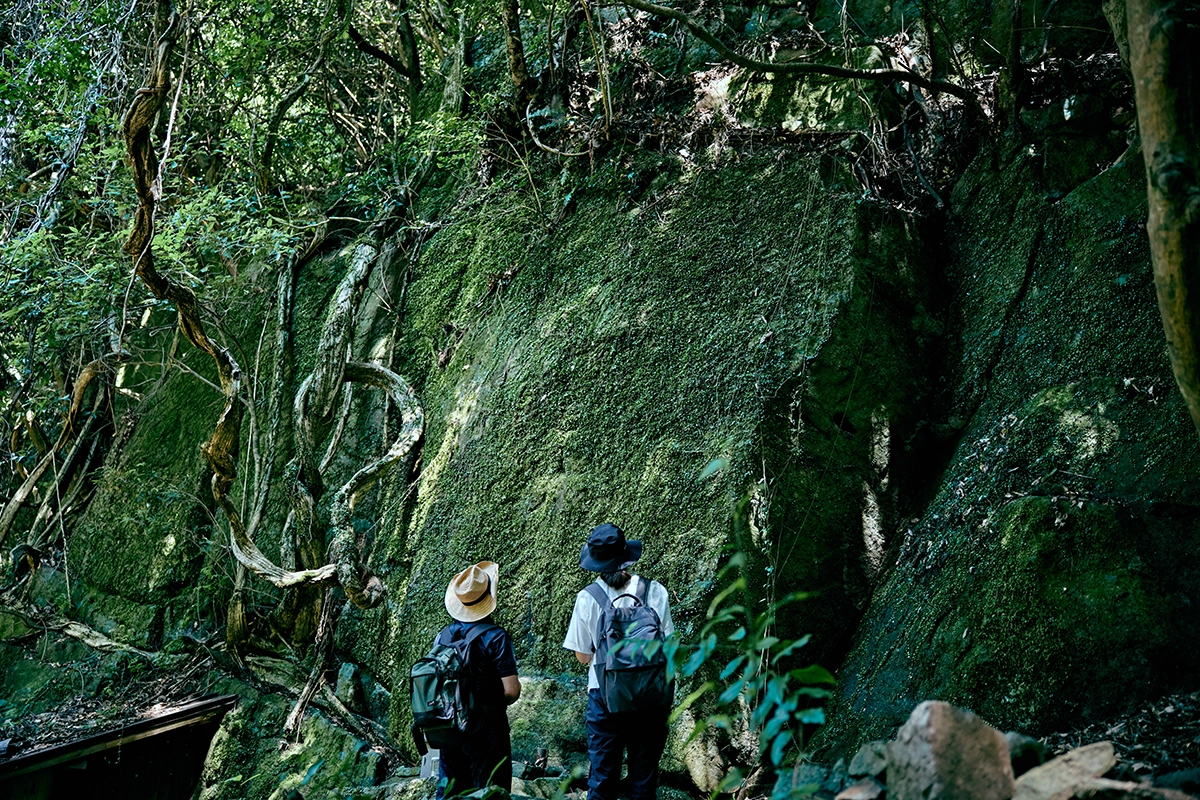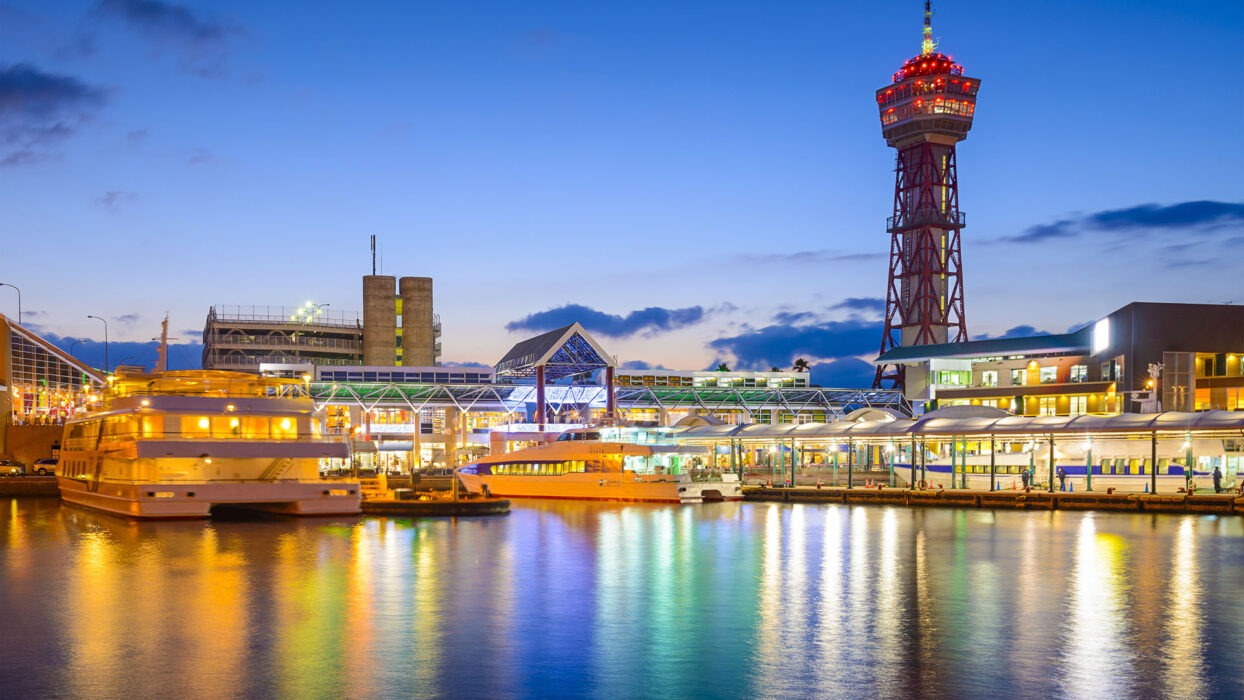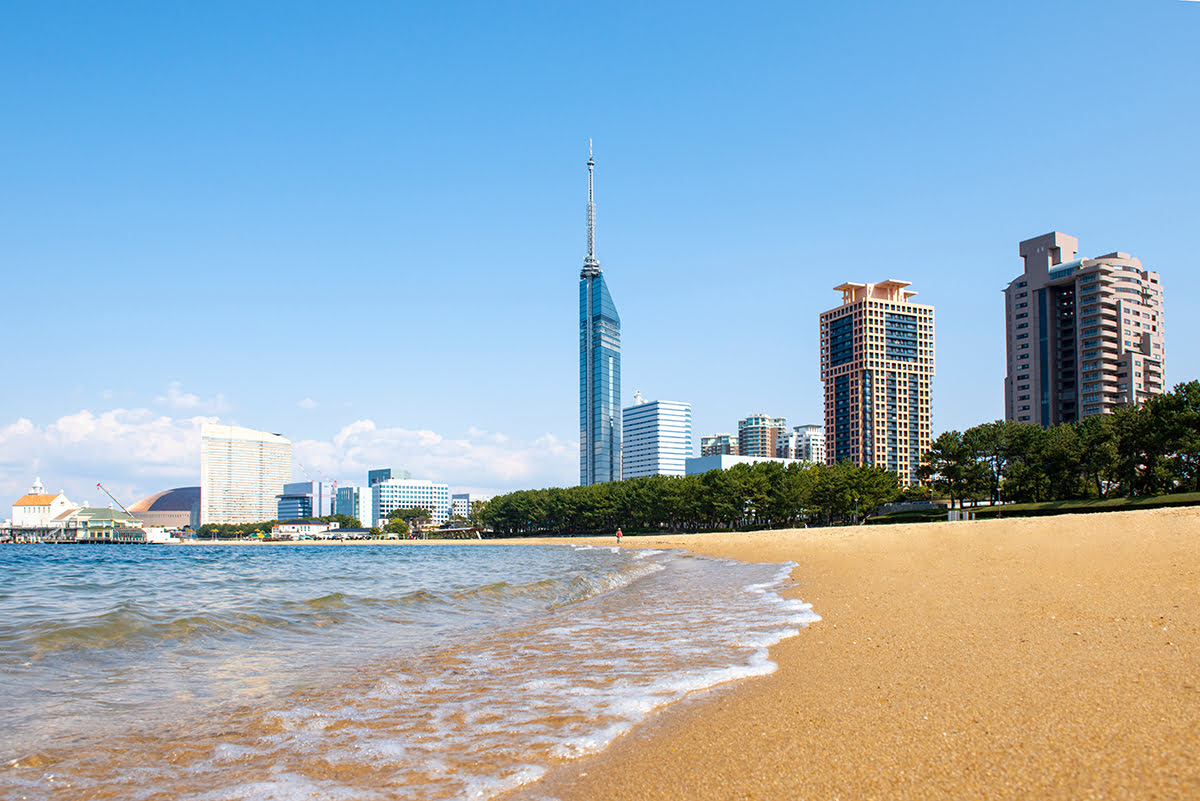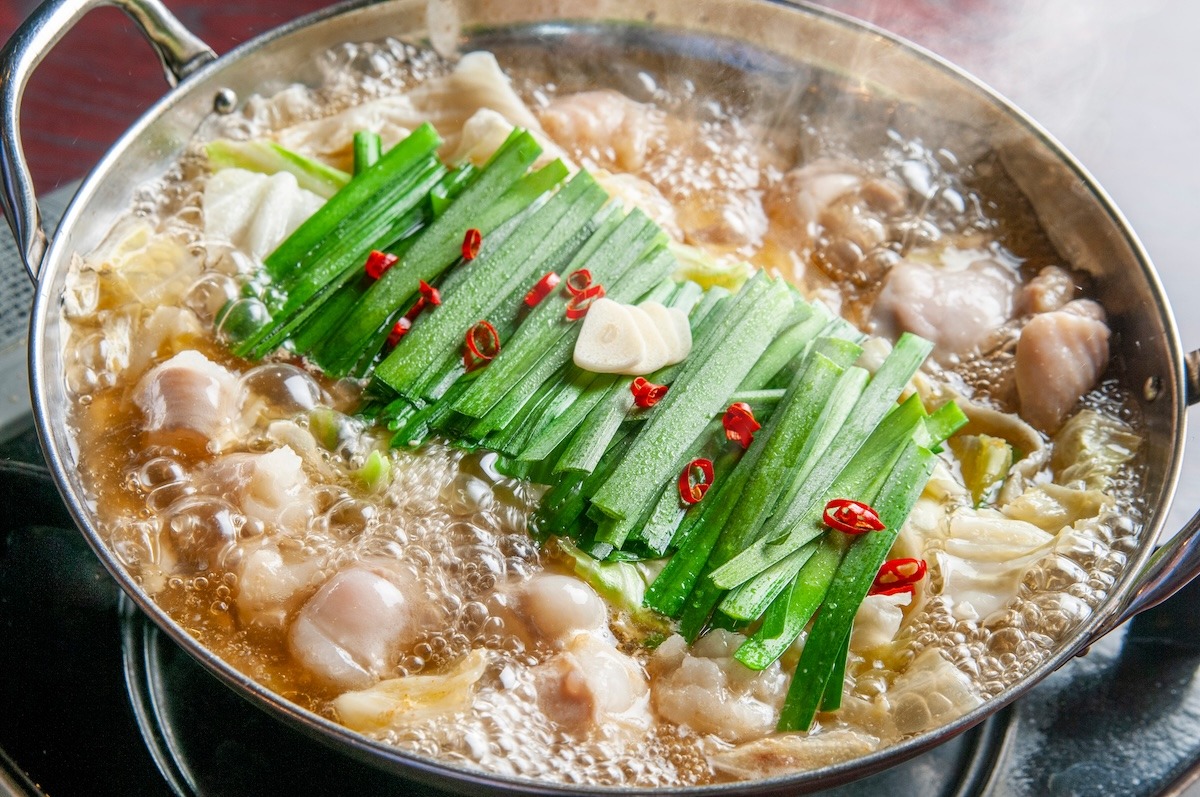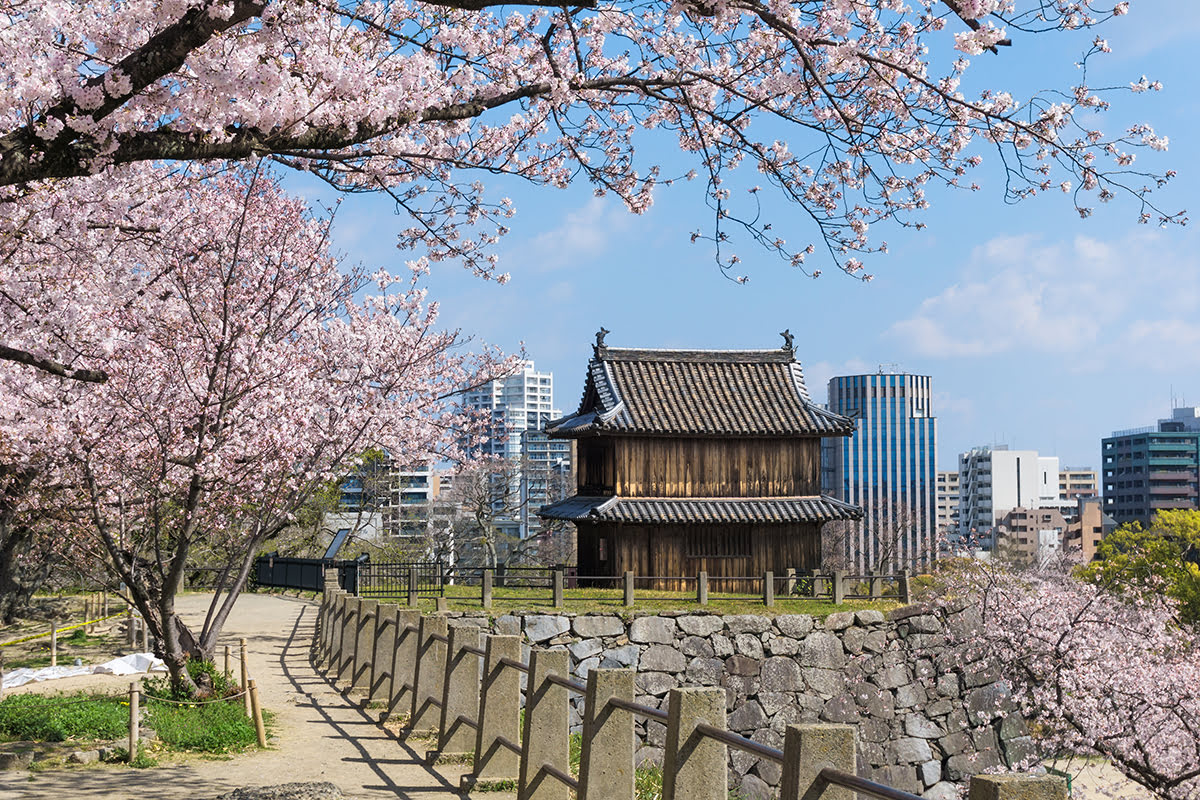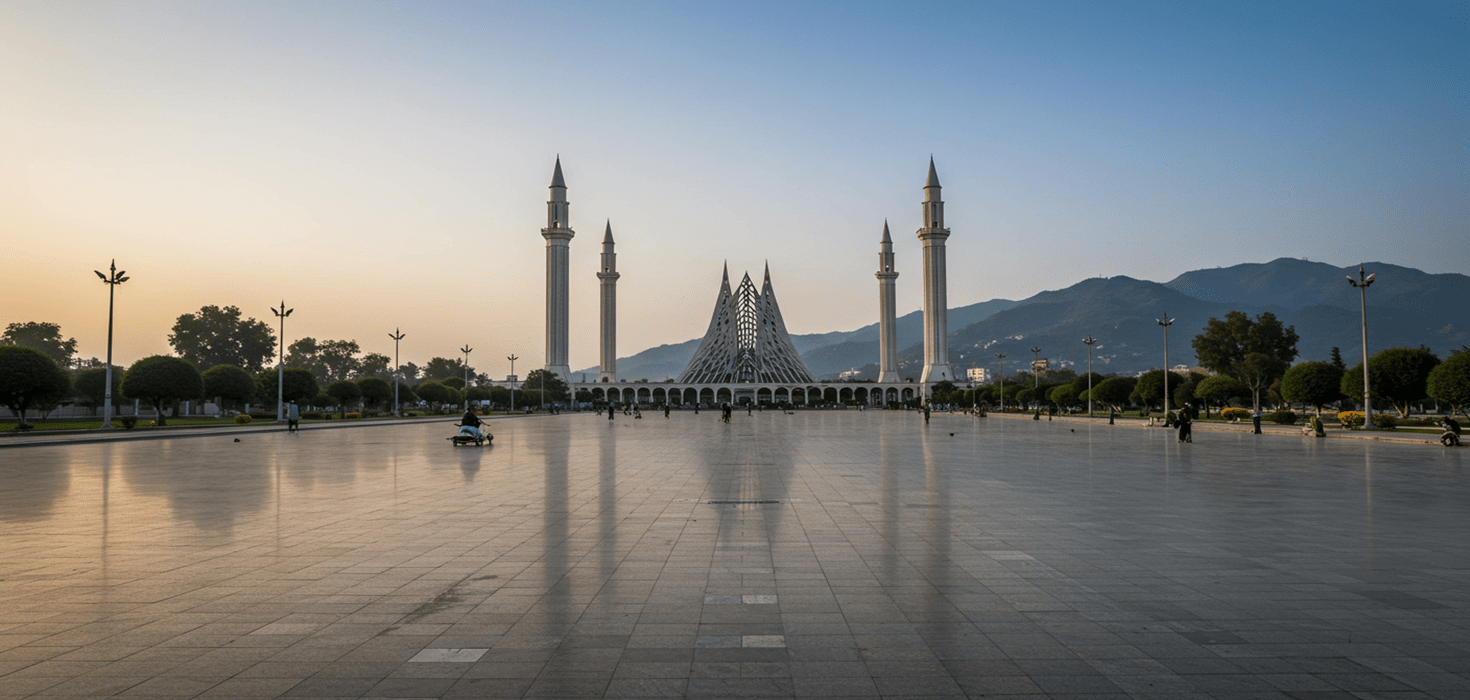Welcome to Fukuoka, a gem in Japan’s Kyushu island, known for its dynamic blend of traditional culture, stunning natural landscapes, and modern urban flair. This guide is crafted for young adventurers eager to explore the best of Fukuoka’s attractions, local cuisine, nightlife, and hidden gems. Whether you are a solo traveler, with friends, or looking for budget-friendly options, Fukuoka promises an unforgettable experience.
Day-by-Day Itinerary for 7 Days in Fukuoka
Day 1: Exploring Hakata
Start your journey in the heart of Fukuoka, Hakata. Visit the Kushida Shrine, one of the oldest Shinto shrines in Fukuoka, and immerse yourself in the local spiritual culture. Then, head to Canal City Hakata for some shopping and entertainment. This large shopping complex features a variety of shops, restaurants, and a cinema. In the evening, enjoy Fukuoka’s famous Hakata Ramen at one of the traditional Yatai food stalls along the Nakasu River.
Day 2: Cultural Immersion in Fukuoka
Visit the Kyushu National Museum to learn about the rich history and culture of Kyushu. The museum offers interactive exhibits perfect for young travelers. Next, explore the serene Dazaifu area, home to the historic Dazaifu Tenmangu Shrine and the beautiful Komyozenji Temple garden. Don’t forget to try Umegae Mochi, a local sweet delicacy.
Day 3: Relax at Ohori Park
Take a break from the bustling city life and relax at Ohori Park. Rent a paddle boat and enjoy the scenic beauty of the park’s large pond. Visit the adjacent Japanese Garden for a tranquil retreat. Later, explore the Fukuoka Art Museum located within the park to appreciate contemporary and traditional art exhibits. In the evening, stroll through Tenjin’s shopping streets and indulge in some retail therapy.
Day 4: Adventure at Marine World Uminonakamichi
Marine World Uminonakamichi is a must-visit for young travelers seeking a fun and educational experience. Discover the aquatic wonders of Kyushu through interactive exhibits and live shows. Afterward, head to Uminonakamichi Seaside Park for outdoor activities such as cycling, BBQ, and seasonal flower viewing. Don’t miss the water park during summer!
Day 5: Discover Fukuoka’s Modern Side
Visit the iconic Fukuoka Tower for a panoramic view of the city. The observation deck provides stunning views, especially during sunset. Then, explore the modern side of Fukuoka at Momochi Seaside Park, where you can relax on the beach or visit the nearby Fukuoka City Museum. In the evening, experience the vibrant nightlife of Nakasu Island, filled with bars and clubs ideal for young travelers.
Day 6: Day Trip to Itoshima
Take a day trip to the scenic Itoshima Peninsula, known for its stunning beaches and natural beauty. Visit Sakurai Futamigaura, a famous seaside shrine with picturesque “couple rocks” connected by a giant Shinto rope. Enjoy fresh seafood at local beachfront restaurants and discover hidden cafes nestled in the countryside. Itoshima offers a perfect blend of relaxation and adventure.
Day 7: Shopping and Farewell
Spend your last day in Fukuoka shopping for souvenirs and exploring local markets. Visit the Kawabata Shopping Arcade for traditional crafts and local snacks. Head to the trendy area of Daimyo for unique boutiques and vintage stores. Wrap up your trip with a visit to the Fukuoka Castle ruins and Maizuru Park for a glimpse into the city’s historical past.
Culinary Deep Dive
Fukuoka’s culinary scene is a delight for food lovers. Start your gastronomic adventure with Hakata Ramen, known for its rich, pork-based broth and thin noodles. Visit the bustling Yanagibashi Rengo Market to sample fresh seafood and local delicacies. Don’t forget to try Motsunabe, a hotpot dish popular among locals. For a sweet treat, savor the traditional Umegae Mochi while exploring Dazaifu.
Festivals and Events Coverage
Fukuoka hosts numerous festivals throughout the year, reflecting its vibrant culture. The Hakata Gion Yamakasa Festival in July is a highlight, featuring colorful floats and energetic parades. Visit in spring to witness the beautiful cherry blossom festivals across the city. The Dontaku Festival, held in May, is another must-see event with dance performances and traditional music.
Practical Information for Travelers
Getting around Fukuoka is convenient with its efficient subway system. The Fukuoka Airport is well-connected to the city, and you can take the Fukuoka subway from the airport to the city center. English signage is available in most tourist areas, and locals are generally helpful if you need directions. The best time to visit Fukuoka is during spring (March to May) and autumn (September to November) when the weather is pleasant.
Whether you’re an adventure junkie, a foodie, or someone seeking cultural experiences, Fukuoka has it all. Pack your bags and embark on an unforgettable journey to this vibrant city!
